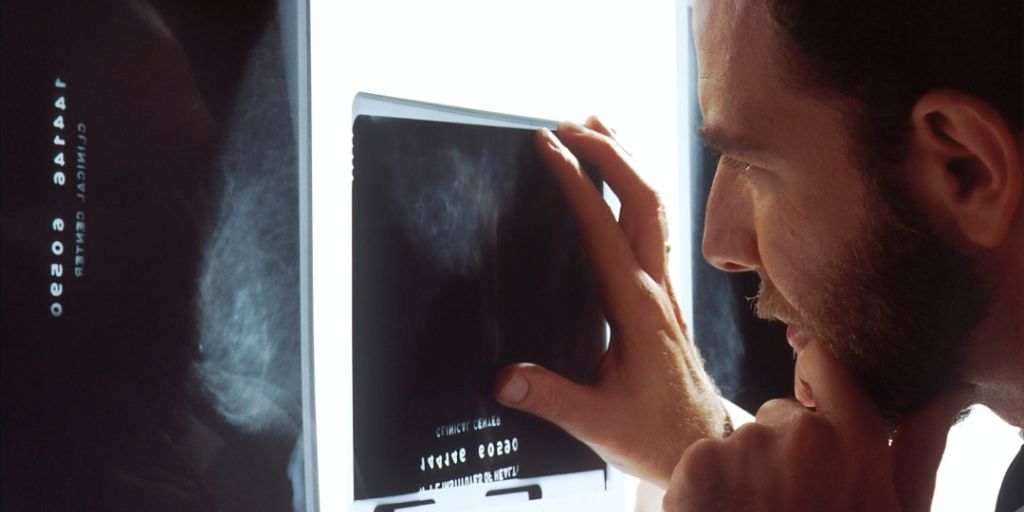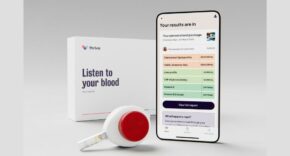
SFR Medical, the provider of medical evidence reports to UK police forces, has begun development of a scalable solution to provide 3D reconstructions of injuries to enhance its existing evidence reporting service.
Based on computerised tomography (CT) and magnetic resonance imaging (MRI) scans of the victim, reports containing the 3D visual reconstruction images will strengthen the courtroom’s understanding of the impact and extent of the injuries inflicted on victims of violent crime, helping to ensure the correct verdict is reached. As the 3D visual reconstruction images will be based on a victim’s own CT and MRI scans, they will illustrate how close the wound trajectory was to a particular victim’s spinal cord, vital organs or important blood vessels. This will help explain the gravitas of the actual injury sustained in a way that is simply not possible using the current generic body map technique. This solution will revolutionise the judicial process through enhancing how medical evidence is shared and used within the criminal justice system.
At a time when court backlogs are having “major consequences for victims and witnesses”, according to HM Crown Prosecution Service Inspectorate (HMCPSI), the service will also produce time and cost benefits to UK police forces by reducing the need for expert opinions and protracted discussions with hospital practitioners about causation.
Dr Lucy Gründlingh, co-founder and CMO of SFR Medical, leads the development of this project. Through inspiring other women to become entrepreneurs and create solutions that have a positive social impact on our world, Lucy has recently been announced as a Women in Innovation 2020/2021 award winner by Innovate UK and the Knowledge Transfer Network (KTN) to aid development of the product over the next 12 months.
Dr Lucy Gründlingh said: “Having worked for several years as an emergency medicine doctor in hospitals classed as Major Trauma Centres in London, I’ve experienced the multiple frustrations which exist with the systems set up to source medical evidence which preceded SFR Medical. Police officers struggled to identify who to contact, administrative staff spent precious time managing the process and even experienced medics had difficulty understanding what was required.
“Ultimately, it’s the victims of violent crime who suffer when the delivery of poor quality medical evidence to legal teams is slow. That’s why SFR Medical exists – to streamline the provision, and drastically improve the quality of medical evidence. This project, producing 3D visual reconstructions of injuries, will be a game-changer for the criminal justice system, but most importantly for victims. I am extremely honoured to have received the backing of Innovate UK and KTN. I look forward to making this product available to UK police forces to ensure justice is served quickly, fairly and efficiently.”












